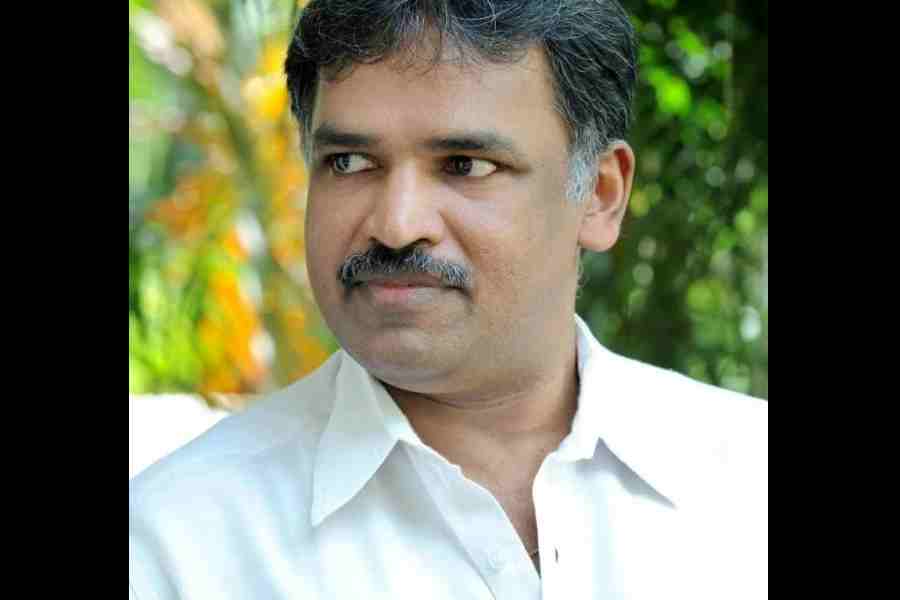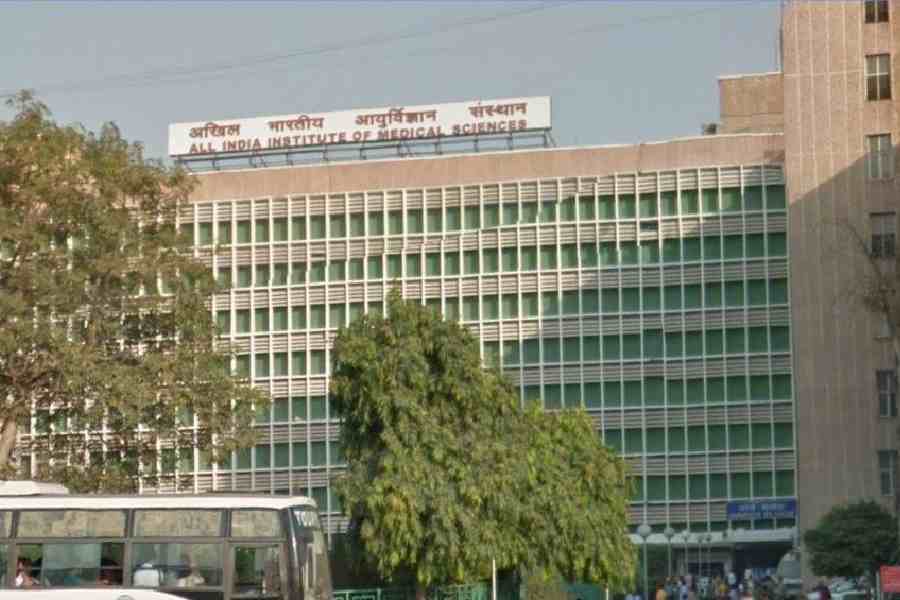The All India Institute of Medical Sciences, Bhubaneswar, and the Central Council for Research on Homeopathy have refused to release details of their planned research collaboration on homeopathy sought by a doctor under the Right to Information Act.
Both central government institutions have refused to share a copy of a memorandum of understanding (MoU) and related notes between AIIMS, Bhubaneswar, and the CCRH on the research sought by a Kerala-based ophthalmologist, K.V. Babu, under the RTI Act.
AIIMS, Bhubaneswar, and the CCRH have both denied the information, citing a section of the RTI Act that exempts the release of information relating to trade secrets, intellectual property, or commercial confidence unless “larger public interest warrants” its disclosure.
“The MoU announcement by AIIMS indicated it will address an important public health issue,” Babu said on Tuesday. “Why should details of medical research planned on Indian citizens funded by Indian taxpayers be hidden from the public?”
AIIMS had announced its MoU with the CCRH on May 3, saying it was intended “to integrate homeopathy into the existing healthcare system” and that “it would provide productive synergy for cooperation in research and education”.
The MoU, AIIMS had said, “aims to reduce the over usage of modern medicine drugs”.
Babu said: “It is unclear to us what the AIIMS authorities meant by saying there is over usage of modern medicine drugs. Is there any data with AIIMS to substantiate such over usage of modern medicines? What preliminary studies exist to support homeopathy and modern medicine? It would help if AIIMS or the CCRH throws light on such questions. But they have chosen to deny information.”
The announcement of the MoU had angered sections of modern medical practitioners who are opposed to what they view as the Centre’s attempt to integrate modern medicine with traditional medicine systems that disregard the need for rigorous research.
Sections of doctors have questioned the Centre’s funding for homeopathy even when health and drug regulatory agencies in other countries, including the UK and the US, do not approve homeopathy for any health disorders.
The MoU represents an attempt to “cheat the Indian public, our patients and our taxpayers,” said Cyriac Abby Philips, a liver specialist in Kerala. Philips has long questioned the Indian government’s support to homeopathy which, he said, is a practice that has been “debunked” by scientific agencies in several other countries.
The UK National Health Service said in 2017 it would no longer fund homeopathy on the NHS as lack of evidence did not justify the cost. It said there was no good quality evidence that homeopathy was effective as treatment for any health condition. The US Food and Drug Administration has also said it cannot assure homeopathy drugs meet standards of effectiveness.
But large quantities of homeopathic drugs are sold across the UK and UK, among other countries. A market research agency estimated in a November 2021 report that the global homeopathy products market size was US$6.2 billion in 2020 and is expected to reach US$ 19.7 billion by 2030.
Philips said he believes the MoU would help the CCRH “piggyback” on an institution of authority such as AIIMS. “They will piggyback on authoritative institutions like AIIMS so people will think — oh, it is now part of AIIMS, there’s something good there.”
A top doctor at AIIMS, Bhubaneswar, had told The Telegraph on May 4 that there was “nothing controversial” in the MoU. “It is intended to help the CCRH to determine through clinical studies whether homeopathy works or not,” the doctor said over the telephone.
The research will look for evidence, if any, for the use of homeopathy in non-communicable diseases, infectious diseases or auto-immune diseases, the doctor said, adding that the MoU will facilitate specific projects to determine whether homeopathy works in such conditions.
An email query sent by this newspaper to the CCRH on May 4 asking about the MoU has not evoked any response. The CCRH website refers to 178 research studies it conducted from the 1990s to January 2022. The CCRH also did not respond to a query seeking examples of homeopathic drugs proven effective through rigorous clinical trials and incorporated into modern medical practice.
But the CCRH website says homeopathy is used in 80 countries, has “legal recognition” as a system of medicine in 42 countries, and is recognised as part of complementary and alternative medicine in 28 countries. The World Health Organisation classifies homeopathy as an alternative medicine system.











